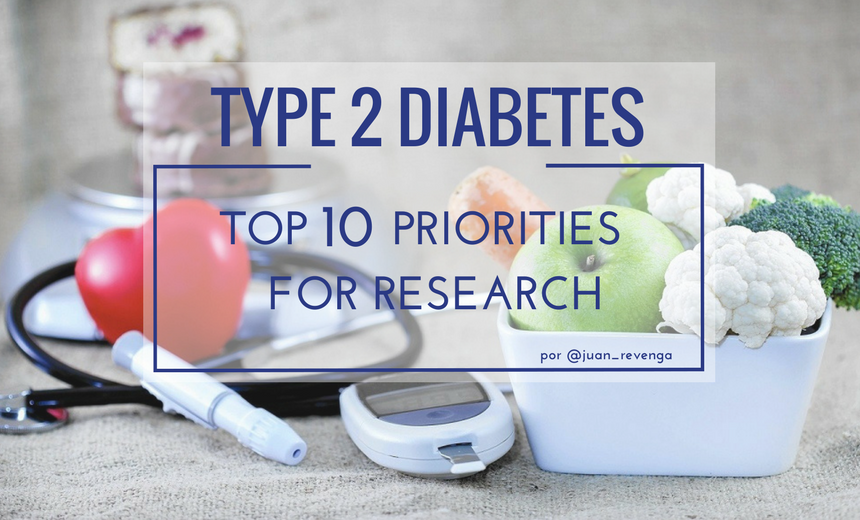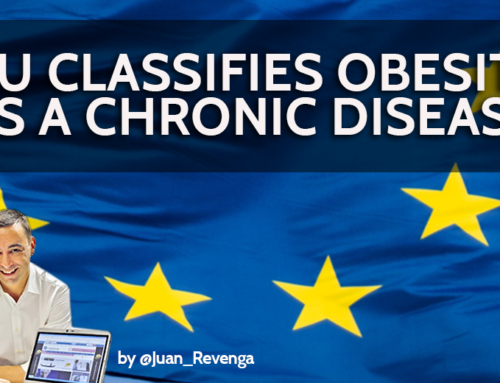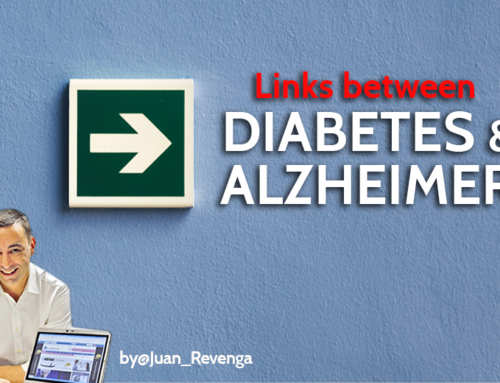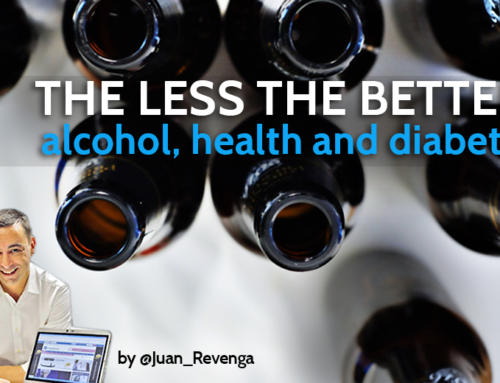Top Ten worries for type 2 diabetes
Despite nowadays type 2 diabetes knowledge, there is growing need of answers. Let see which ones are, in accordance with main parts involved: patients and family net, researchers and healthcare professionals.
It seems that practical difficulties to implement specific measures for type 2 diabetes patients (overall related to prices) regarding what is better to do are clear enough. But no, it is not. Although knowledge on this disease has become huge during the last years, there are many challenges for the scientific community targeting the causes for both prevention and treatment. To identify the key priorities for future type 2 diabetes research, a partnership between Diabetes UK and the James Lind Alliance had the conclusions published in The Lancet.
These are the top ten priorities for research in type 2 diabetes, in rank order of priority:
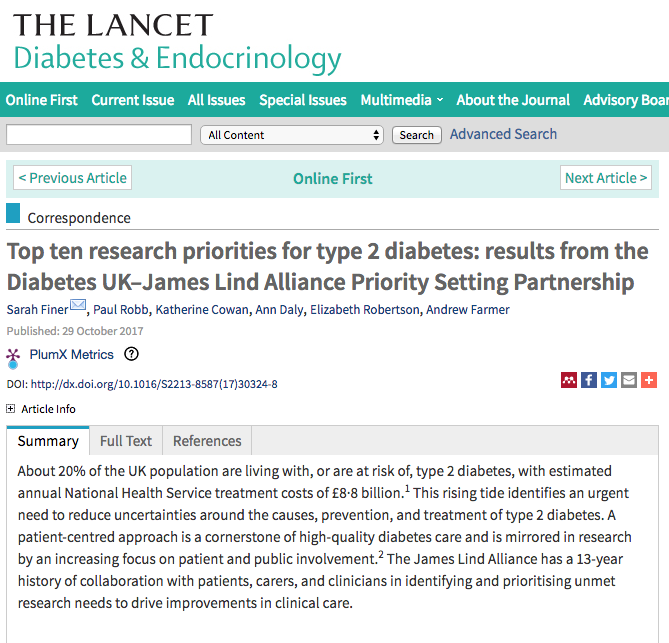
1_ Can type 2 diabetes be cured or reversed, what is the best way to achieve this, and is there a point beyond which the condition cannot be reversed?
This question is directly linked to post we published in this blog New Hopes for cure of type 2 diabetes according to New Castle University investigations.
2_ How do we identify people at high risk of type 2 diabetes and help to prevent the condition from developing?
Here we have to underline genetics tools, used through accurate professional hands, alongside to traditional tools such as Findrisk , as a significant step towards prevention.
3_ What is the best way to encourage people with type 2 diabetes, whoever they are and wherever they live, to self-manage their condition, and how should it be delivered?

This is a significant milestone: to make people with diabetes, and their social settings, conscious of the importance of diabetes. Sadly, it is common that once diagnosed with diabetes most people get complacent just with pharmacologic treatment, and don´t get serious about selfcare, meanwhile selfcare it is the basic treatment. You may find a complete post on this issue here.
4_ How do stress and anxiety influence the management of type 2 diabetes and does a positive mental wellbeing have an effect?
The answer is yes, but there is a need to know the magnitude of these benefits and have stronger scientific data to motivate patients and their social settings.
5_ How can people with type 2 diabetes be supported to make lifestyle changes to help them to manage their condition, how effective are these lifestyle changes, and what stops them from working?
This raises the question to solve know, what are the real causes blocking the implementation of lifestyle changes.
6_ Why does type 2 diabetes get progressively worse over time, what is the most effective way to slow or prevent progression, and how can this be best measured?
Beside genetic predisposition holding to lifestyle behaviors that had led to type 2 diabetes are the worst elements towards the progression of the disease.

7_ Should diet and exercise be used as an alternative to drugs for the management of type 2 diabetes, or alongside them?
My understanding is that this worry affects more to patients and their families than healthcare professionals. Each case itself would make the need for either pharmacologic treatment or lifestyle changes or both at the time.
8_ What causes nerve damage in people with type 2 diabetes, who does it affect most, how can we increase the awareness of it, and how can it be best prevented and treated?
It is rather common that people diagnosed with type 2 diabetes show themselves skeptical to the risk of suffering comorbidities associated to type 2 diabetes diagnose. However, the risk to both macro and microangiopathies is already described (amputations usually in the lower extremities. I also refer to the nephropathies that ultimately end in renal failure, as well as retinopathies, which can lead to loss of vision; not to mention coronary complications and the compromise of cardiac function). It is understandable that patients are interested to take control of these complications. What stands out the leading role of education in diabetics and its consequences.
9_ How can psychological or social support be best used to help people with or at risk of type 2 diabetes, and how should this be delivered to account for individual needs?
This worry shows the fact that there is no one diabetes, but millions of them, as much as patients are. The key related to this type of worries is getting to the psychological tools available to each case.

10_ What role do fats, carbohydrates, and proteins have in the management of type 2 diabetes, and are there risk and benefits associated with approaches?
We talked deeply about this in post entitled “There is not standard meal plan for people with diabetes, there are dozens”. This is a question, my guess, raised equally from all collectives (from patients to healthcare professionals) since the macronutrients composition seem to have a rather relative importance. But, there is no doubt that more should be research on this topic to be solider on the evidences.
Main challenges ahead to scientific community indeed, to healthcare professionals, and patients for sure. But, we should not forget that that for more of these questions we already have the answers. What should be done is both listen and implement them.
Latest posts by Juan Revenga Frauca (see all)
- Obesity recognized as a chronic disease - 13 October, 2021
- Who said you have to eat everything? - 7 October, 2021
- Diabetes and Alzheimer - 29 January, 2021



